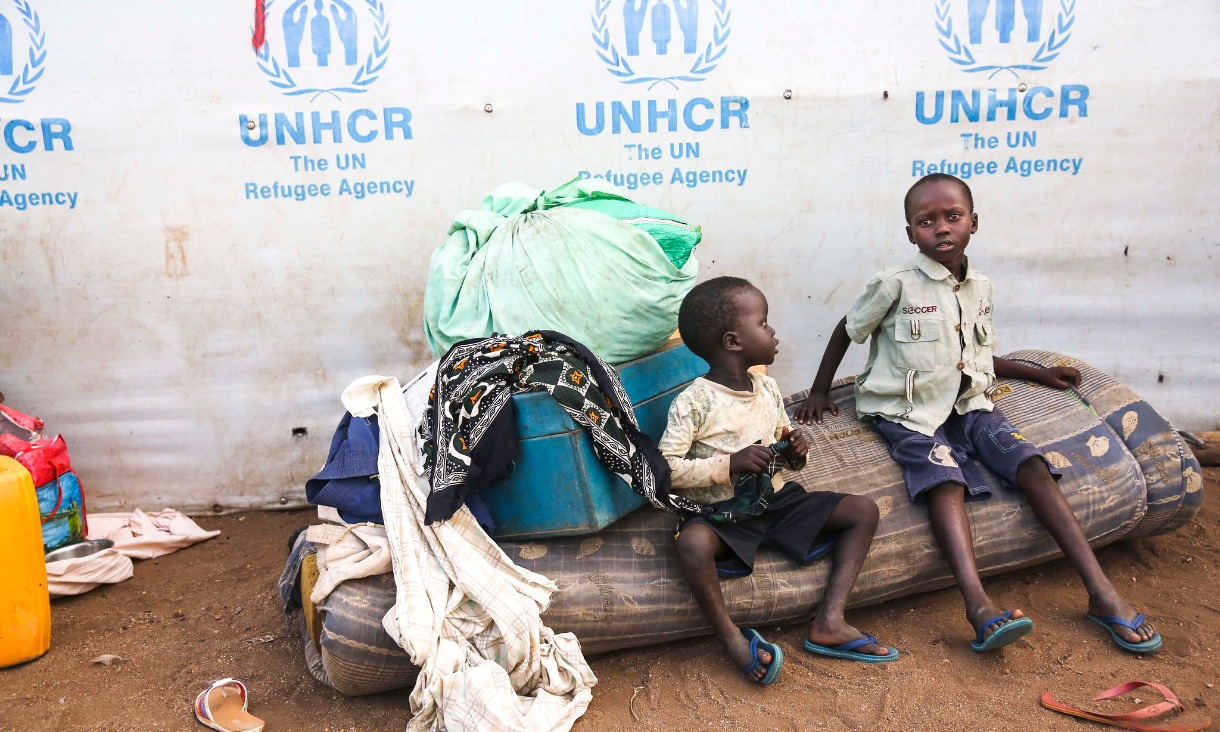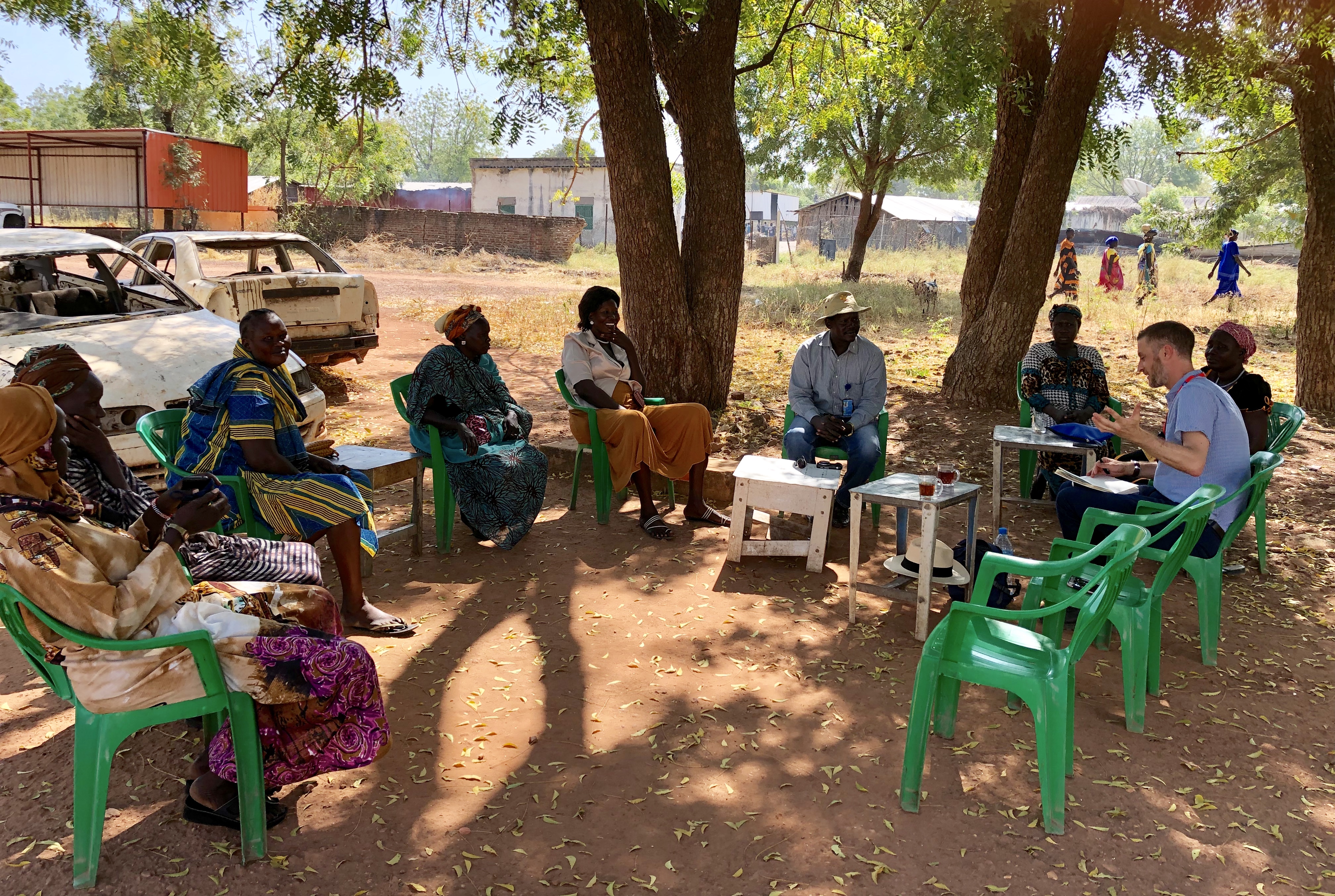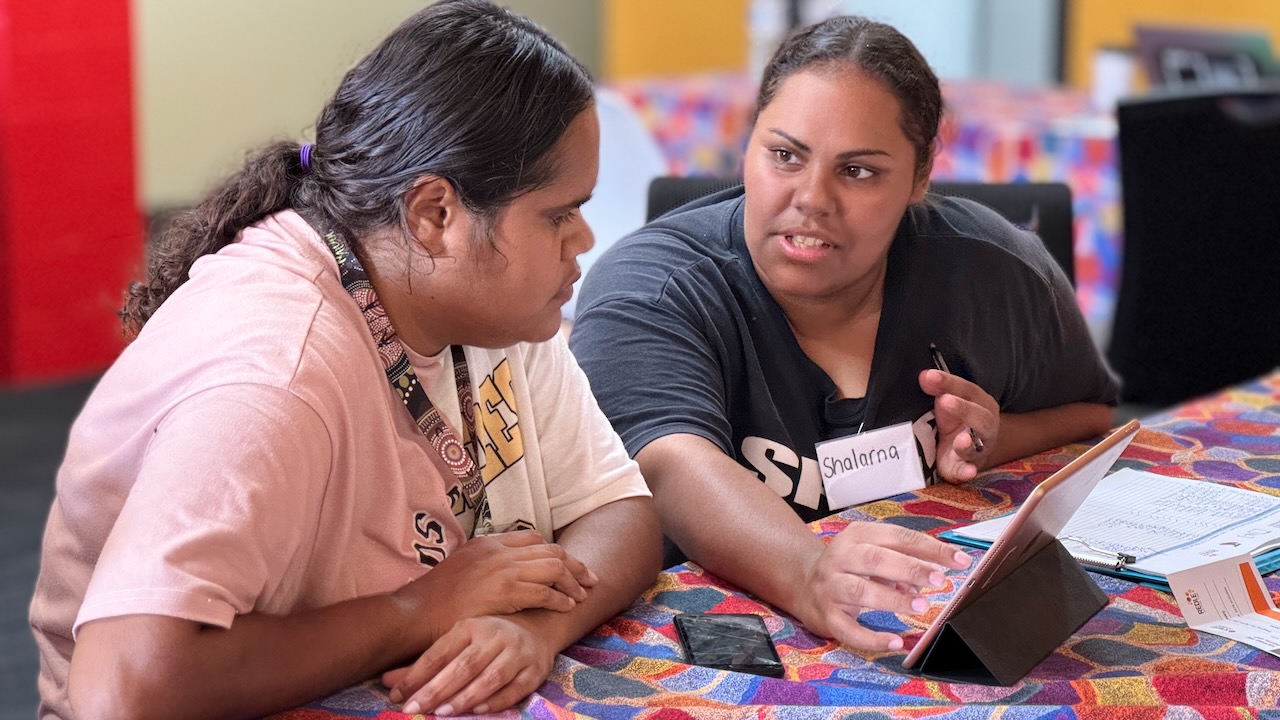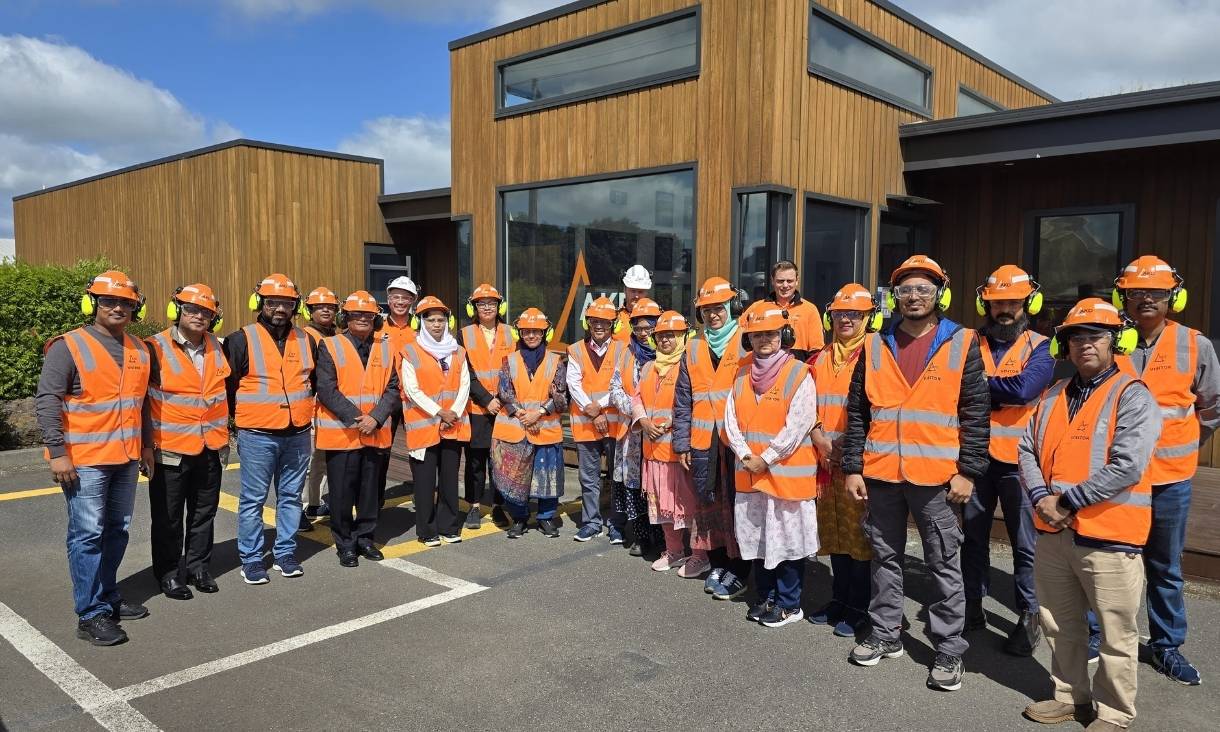The report found the protection of civilians to be its most successful mandate.
“Protection of civilians sites where the UN has provided protection for internally displaced people fleeing deadly violence have had a huge and continuing impact, not only saving tens of thousands of lives, but also had the positive effect of isolating the polarised communities from one another at a time when even broader violence was likely,” Hunt said.
"UNMISS’ mandate to facilitate conducive conditions for humanitarian delivery also has some untold success stories.
“The Mission’s protection of humanitarian convoys and rehabilitation of supply roads have opened access to at least 100,000 vulnerable people who would otherwise have been beyond the reach of life-saving aid.
“When combined with the 200,000 people who fled the fighting and also receive humanitarian assistance in the UNMISS protection of civilians sites, the impact of the Mission is unmistakable.”
Despite these successes there were a few factors both outside the Mission’s control as well as related to Mission functions that were inhibiting, says Hunt.
“Many of the dilemmas facing the mission have to do with the tension between short-term immediate protection objectives and longer-term implications for action,” he said.
“Mission leadership are acting on short-term operational objectives like the immediate protection of civilians or meeting the next humanitarian aid delivery before the rainy season rather than also long-term goals like facilitating safe and dignified returns of displaced people and how this will enable durable peace.”
The report recommends that planners and leadership should be given more time and space to consider carefully the tensions between the two and not be forced into only acting on those short-term goals.
“In future, we’d also like to see delegation of authority from the UN Headquarters directly to South Sudan’s capital Juba and the field offices,” Hunt said.
“Local UNMISS actors are most effective when given the autonomy to act.
"The more we can delegate to authority downwards, the more innovative work will be done to create durable peace in zones of conflict.”
The report Assessing the Effectiveness of the UN Mission in South Sudan (UNMISS) is funded by The Effectiveness of Peace Operations Network and published by Norwegian Institute of International Affairs.
Story: Chanel Bearder
Header image: UNMISS via Flickr/CC BY-NC-ND 2.0





